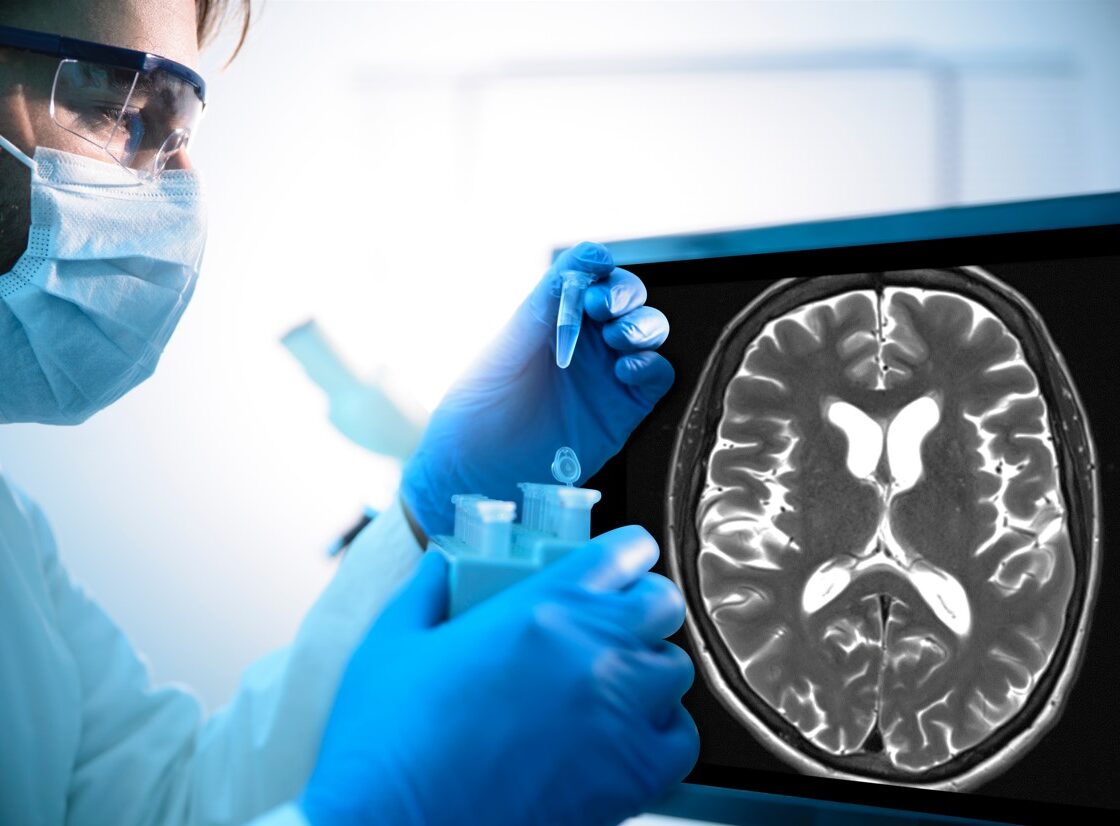Meet Dr. Gasca-Salas, MD, MSc, PhD, Medical Director, Medpace
Medpace is pleased to announce the addition of neuroscience expert, Dr. Carmen Gasca-Salas, to its medical leadership team.
Dr. Gasca-Salas is a board-certified neurologist based in Madrid, Spain with over 18 years of clinical experience in neurology, 14 of them dedicated to patients with movement and/or cognitive disorders. She holds a PhD in

Neuroscience and Cognition and brings extensive expertise in the design and execution of Parkinson’s disease research. Additionally, she has over a decade of experience as a clinical trial investigator.
In this brief interview, we explore Dr. Gasca-Salas’ background and the expertise she brings to Medpace, particularly her unique experience in Parkinson’s disease.
Tell us about your background. How does your prior experience translate to your work at Medpace?
After completing my Neurology residency at the University of Navarra, I began working on my PhD in Neuroscience. During this time, I spent two years working on clinical, neuropsychological, and neuroimaging research in patients with Parkinson’s disease (PD). I also served as a clinical assistant in the Movement Disorders Clinic at the University of Navarra—supported by a CIBERNED Grant—with a special focus on advanced therapies for PD. I completed my training through a 2-year Movement Disorders Fellowship at the renowned Movement Disorders Clinic at Toronto Western Hospital. This experience expanded my knowledge through additional training in the Memory Clinic and the Neuropsychology Unit.
Upon returning to Madrid ten years ago, I joined HM Hospitales Neuroscience Centre, Spain’s leading hospital group, as a Movement Disorders Specialist, where I worked as an independent principal investigator in neuroscience and as a PI/SI in clinical trials. My research primarily focused on non-motor aspects of movement disorders, particularly PD, as well as the development of therapeutic approaches such as magnetic resonance (MR)-guided high intensity focused ultrasound (FUS) for the treatment of motor manifestations in PD and the use of MR-guided low intensity FUS to demonstrate feasibility of blood brain barrier opening in PD that could facilitate drug delivery to the brain.
This previous clinical and research experience provides me with a solid understanding of disease mechanisms, patient needs, and real word clinical practice, while also supporting rigorous medical oversight and safety.
What drew you to Medpace? What sets Medpace apart from other global CROs?
I was excited to collaborate more closely within clinical development, gaining the ability to track the progress of clinical trials while working at a global, full-service CRO. At Medpace, the scientific input from our physicians, who are embedded in the study teams from early planning through close-out, plays a key role in minimizing disruptions and ensuring high-quality results across our full breadth of services.
What motivates you and your interest in clinical research – specifically in Parkinson’s disease?
I aspire to contribute to the development of new drugs to improve patients’ quality of life and slow disease progression. PD is the second most common neurodegenerative disease, affecting over 10 million people worldwide. This number will continue to increase significantly in the next few years due to population ageing. Despite the high prevalence of PD, no disease modifying therapies currently exist. However, ongoing research and expanding scientific knowledge continues to advance clinical trials, promising new innovations and effective approaches.
What challenges are specific to Parkinson’s clinical development?
PD can lead to significant disability, making it critical to identify safe and effective therapies that prevent disease progression, in addition to symptomatic treatment.
This topic is an increasing focus for physicians, researchers, and the pharmaceutical industry. Since the clinical symptoms typically appear several years after neurodegeneration has begun, early diagnosis is crucial. For that reason, the development of reliable and targeted biomarkers is becoming increasingly important.
You bring a unique perspective from your experience as a PI. Can you share some key considerations when conducting neuroscience clinical trials?
Key considerations include identifying the unmet needs of the disease, having a solid understanding of its clinical phenotypes, and clearly selecting specific outcomes that have the potential to generate a measurable positive impact. For example, PD is not only a motor disorder, and many patients develop cognitive impairment, particularly with longer disease duration. This highlights the importance of a thorough characterization of the disease, as it provides the foundation for developing therapies aimed at preventing the onset of dementia or achieving clinical improvement in affected patients.
From a clinical development standpoint, what new innovations are you most excited about?
The understanding of PD pathogenesis has increased over the years, leading to the identification of several targets for disease modifications, such as alpha-synuclein accumulation, neuroinflammation, insulin resistance, and lysosomal dysfunction, among others.
It is now feasible to demonstrate the underlying pathology (alpha-synuclein) from cerebrospinal fluid and skin, and potentially in blood in the near future. This could help in early diagnosis, and this evidence has the potential for reduction with the investigational drug, as previously shown in preclinical studies.
Additionally, wearable sensors for measuring motor manifestations are currently being utilized. They provide objective, continuous, and real-time data for daily activities, leading to more accurate and sensitive measures of disease progression.
These innovations hold promise in advancing clinical diagnosis and disease modifying therapies’ approvals in the coming years.
Accelerating Clinical Development in Neuroscience
Drive your neuroscience trial success with Medpace’s well-established site relationships, operational excellence, and cross-functional, neuroscience-focused study teams. Our experienced neuroscience team leverages their real-life experience in a wide range of relevant indications and therapeutic platforms to support Sponsors in meeting the unique challenges of neuroscience clinical development.
